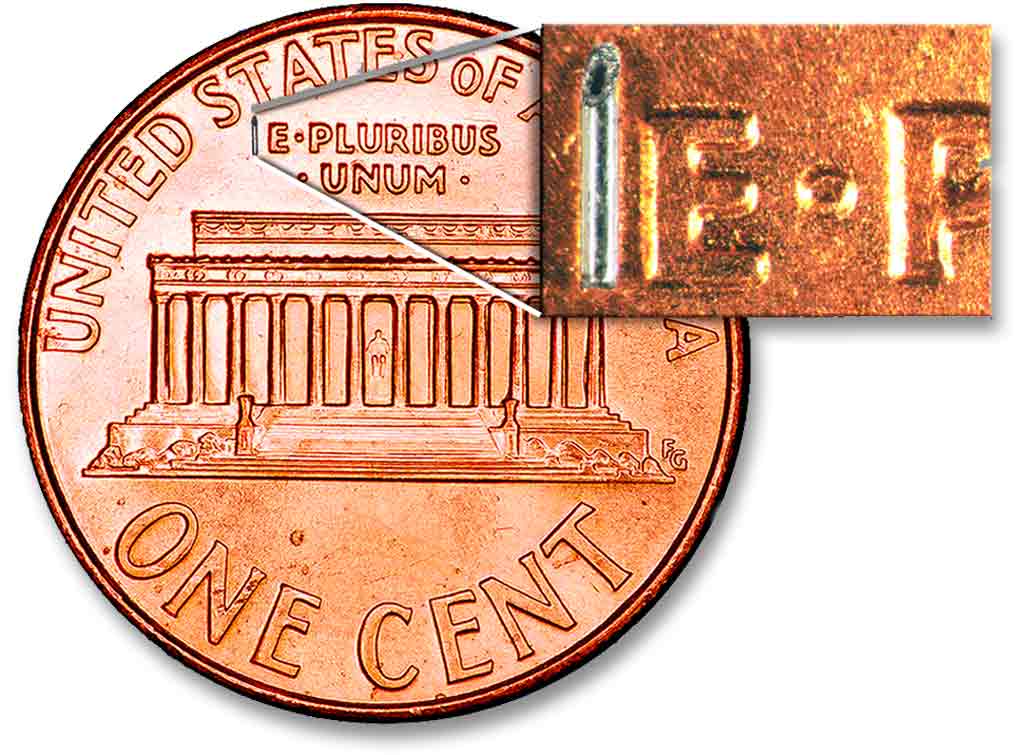Eight Ugly Truths About Pharma and Type 1 Diabetes

This post was originally titled “No One is Hiding a Cure for Type 1 Diabetes.”
“BS More pharma empire lies.”
This comment, posted in response to a Type 1 research effort, is not uncommon in diabetes forums on Facebook. The pharmaceutical industry may provide the medicine that keeps people with Type 1 diabetes alive, and sponsor many conferences and diabetes-related websites (including, through advertising, this one), but it is also the biggest villain of the diabetes community.
In my role as Insulin Nation’s editor, I’ve had the chance to hear many conspiracy theories about the pharmaceutical industry, and to see some of the industry’s inner workings. What I’ve found is that while the conspiracy theories don’t match up with facts, the truth about Big Pharma often isn’t pretty.
With this in mind, I’ve provided eight observations about how the pharmaceutical industry treats the diabetes community.
There is no diabetes cure hidden in a Big Pharma bunker.
Many of the cure research efforts are being done by outside researchers with little to no affiliation with pharma companies. There is an overwhelming public interest to stop diabetes, and the government would come down hard on someone withholding a cure. But….
Pharma seems more interested in treating diabetes than curing it.
Look at the amount of money allocated to developing new insulin formulations versus the amount researchers manage to scrape together for Type 1 diabetes cure research. The pharmaceutical industry is in the business of making pharmaceuticals.
Pharma companies raise insulin prices to keep themselves in the black.
If you get a chance, listen in on some earnings calls from insulin-producing companies, and you can hear executives say so. But…
They can’t raise prices indefinitely without making (at least nominally) better insulin.
See Sanofi as an example. They held the corner on basal insulin for a while with Lantus, and even blocked other companies from launching biosimilar competitors. At a certain point, they started getting pushback on price hikes from insurance companies, the patent was running out, and they had to relinquish control, but not before their CEO got shown the door.
They work hard to reach out to the Type 1 diabetes community.
Insulin makers have programs to assist people who can’t afford insulin. Also, they have dedicated a lot of time and money on some inspirational endeavors, like Team Novo Nordisk, the bikers with Type 1 who are trying to make it to the Tour de France. But….
They know the real money is in treating the Type 2 diabetes community.
Just count how many more ads you see for Type 2 diabetes drugs than for Type 1 diabetes drugs. It’s a numbers game, and there are just more potential customers with Type 2 out there.
There are good people in the pharmaceutical industry.
When you are paying for insulin, it might be satisfying to think the whole industry is made up of movie-worthy villains, but it’s just not true. Many of those in Pharma who are working with the Type 1 diabetes community have been affected by Type 1 diabetes themselves, and many more truly want to help people live healthy lives. But…
Insulin-makers are corporations, and corporations want to make money.
In fact, they’re obligated to serve their shareholders that way. They do this by having people buy their stuff. This is where you come in.
As a consumer, you can raise a fuss when you see a pharma company get out of line. If enough fuss is raised by enough people, it can ding a company’s reputation and get the attention of health regulators.
In recent years, I’ve seen several impressive efforts by the Type 1 diabetes community to organize, including a recent effort to protest UnitedHealthCare’s decision to make Medtronic its preferred pump supplier. When it comes to the pharmaceutical industry, there is a lot of good, bad, and ugly – if you don’t like the way things are done, get people together to try and force change.
Thanks for reading this Insulin Nation article. Want more Type 1 news? Subscribe here.
Have Type 2 diabetes or know someone who does? Try Type 2 Nation, our sister publication.







